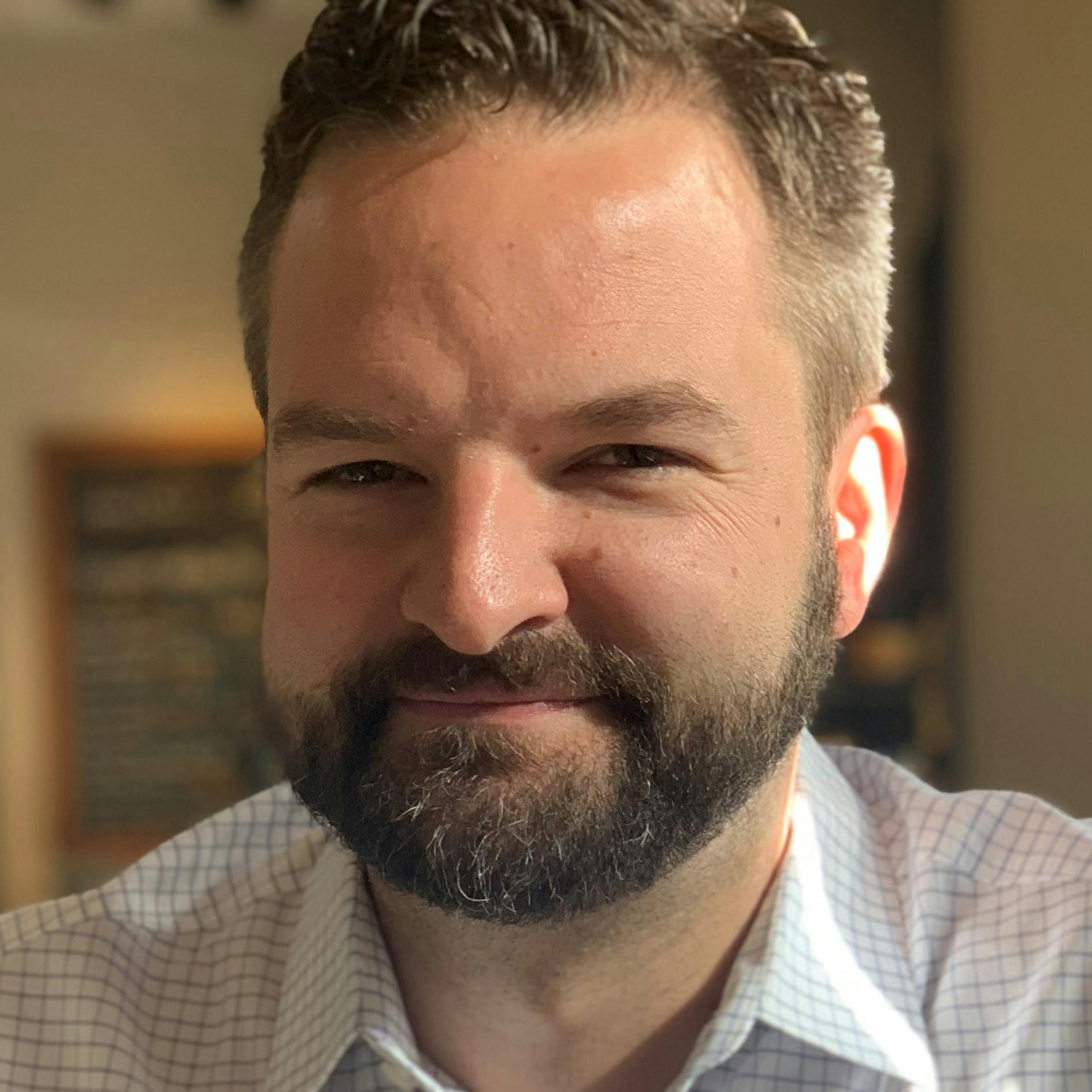Dr. Greg Delgoffe
Immunologist. Scientist. Explorer.
As recently as a decade ago, it wasn’t widely believed that the human immune system could see cancer, let alone be trained to fight cancer cells. It took researchers obsessed with how the immune system works to bring cancer immunology out of the dark ages.
T-cells can kill virally infected cells. They can also see and eliminate cancer cells. But when they enter that cancer, they’re turned off. Current immunotherapy drugs can block the negative signals the tumor sends to the immune system, allowing those T-cells to attack the tumor. These drugs took metastatic melanoma from a 0% survivability rate in 1997 to nearly 50% today. Today, instead of undergoing chemotherapy or surgery, metastatic melanoma patients receive immunotherapy. In fact, most cancers are now treated in part with immunotherapy.
But 50% isn’t good enough for Greg Delgoffe, PhD, who in his lab at UPMC Hillman Cancer Center studies how the immune system reacts to cancer. “Why not 80, 90, 100 percent?” he asks. “We try to understand how the cancer tumor’s micro-environment turns off the body’s immune response. My take is that tumors are hungry. So they eat like crazy until the local environment runs out of essential nutrients like glucose and oxygen.”
Dr. Delgoffe compares the immune system to a car driving down the road. “My lab studies the possibility that there isn’t any gas in the tank.” he says, “We can take the brakes off with these game-changing therapies, but it doesn’t matter. We’ve found that when immune cells get into tumors, their mitochondria—the things that make energy for your cells—get turned off. And patients with hungrier tumors tend to fail immunotherapy. That’s led to laboratory experiments and even clinical trials that try to either give T-cells better mitochondria, or change the appetite of the tumor cell so the T-cell can function. I’ve been obsessed with this as long as I’ve been a scientist.”
As for what drew him to science, Dr. Delgoffe says he wanted to be an astronaut when he was growing up. “There’s a lot of empty space out there. But there’s so much we don’t know about how our bodies work. That’s what really got me interested. I got inspired by immunity as an undergrad, studying a certain bacterial infection, intrigued by how certain pathogens evade immunity. That’s what led me to become an academic scientist. But ultimately, I’m an explorer.
What led me to cancer was the idea that if you get a viral infection, your immune system could remove every infected cell. You can’t do that with a scalpel. If we can get the immune system to work like that in cancer, that’s it. Game over.”
For Dr. Delgoffe, the ultimate goal is to leverage understanding of the immune system to treat cancer in the most efficient way possible. “We’ll never prevent all cancers,” he admits, “but we can turn cancer into a treatable disease that isn’t chronically debilitating. With the right support, it can happen in our lifetime. It’s not about taking an existing drug and putting it into more people. It’s about understanding how the immune system works and applying that insight to developing new therapies.
He believes that the next big thing is truly personalized cancer therapy. “Everybody’s cancer is different,” he says. “Melanoma in one person and melanoma in another person are essentially two unique diseases that share some common traits. Treating them means fully understanding the patient’s tumor and their disease as a unique patient and designing the right kind of system to engage their immune system, tamp down the cancer cell, and eliminate toxicities. Bringing the promise of immune therapy to all patients requires emboldened clinical trial ideas and innovative basic academic research.”
Those trials are taking place at UPMC Hillman. “The infrastructure and facilities here are wonderful,” he says. “But it’s not about fancy instruments or new technology. Science is about bringing people and ideas together to solve problems. Hillman changed the game for me by introducing me to cancer doctors. I’m now collaborating with people who treat melanoma patients day-in and day-out. I’m involved in running clinical trials with cancer doctors, taking some of our ideas from the bench to the bedside.”
Looking ahead to Rush to Crush Cancer, Dr. Delgoffe says, “My lab studies metabolism. I’m all about understanding diet and exercise, important things that all of us can do to create a healthy immune system. I’m normally a stationary bike rider. This will be my transition away from ride-at-home to road cycling. Some of my lab partners are avid cyclists, so they’ll be joining me, and I’m encouraging everyone in my lab to participate in one way or another. The funds we raise are going to help transform cancer research. I can’t think of a better reason to ride.”

“There’s a lot of empty space out there. But there’s so much we don’t know about how our bodies work. That’s what really got me interested. I got inspired by immunity as an undergrad, studying a certain bacterial infection, intrigued by how certain pathogens evade immunity. That’s what led me to become an academic scientist. But ultimately, I’m an explorer.”
— Dr. Greg Delgoffe